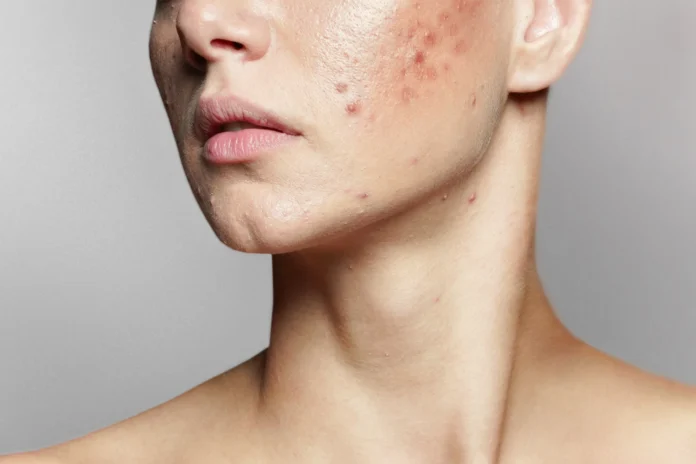
Acne, a common skin condition that affects people of all ages, can be a persistent and frustrating challenge. While various treatments exist, one medication that has gained attention for its efficacy in managing acne is spironolactone. In this comprehensive guide of Myhealthonly, we’ll delve into the benefits, recommended dosage, and potential side effects of using spironolactone for acne.
Understanding Spironolactone
Table of Contents
Spironolactone, originally developed as a diuretic to treat high blood pressure, has emerged as a valuable off-label treatment for acne. Its anti-androgenic properties make it particularly effective in managing hormonal acne, which often presents as deep, cystic blemishes around the jawline and chin.
Benefits of Spironolactone for Acne
- Hormonal Regulation:
- Spironolactone works by blocking androgen receptors, reducing the influence of male hormones (androgens) that contribute to acne development.
- Hormonal fluctuations, common in conditions like polycystic ovary syndrome (PCOS), can be a major trigger for acne. Spironolactone helps regulate these hormonal imbalances.
- Reduced Sebum Production:
- Androgens stimulate the sebaceous glands to produce excess oil, leading to clogged pores and acne. Spironolactone helps decrease sebum production, addressing one of the root causes of acne.
- Anti-Inflammatory Effects:
- In addition to its anti-androgenic properties, spironolactone exhibits anti-inflammatory effects, helping to calm redness and inflammation associated with acne lesions.
Dosage Recommendations
Before incorporating spironolactone into your acne treatment plan, it’s crucial to consult with a healthcare professional who can assess your specific needs and prescribe the appropriate dosage. Generally, the recommended starting dose for acne is low, typically ranging from 25 to 50 mg daily. However, individual responses may vary, and adjustments may be made over time.
Potential Side Effects
While spironolactone is generally well-tolerated, it’s essential to be aware of potential side effects:
- Hyperkalemia: Spironolactone can lead to elevated potassium levels, posing a risk for individuals with kidney problems or those taking other medications that affect potassium.
- Menstrual Irregularities: Some women may experience changes in menstrual patterns.
- Dizziness or Lightheadedness: Standing up too quickly may result in dizziness, especially when initiating treatment.
Conclusion
Spironolactone can be a game-changer for individuals struggling with persistent hormonal acne. Its unique mechanism of action, targeting the root causes of hormonal imbalances, sets it apart from traditional acne treatments. However, as with any medication, it’s crucial to consult with a healthcare professional to determine the most suitable approach for your specific case.
Incorporating spironolactone into your acne management plan may require patience, as noticeable improvements may take several weeks. By understanding the benefits, recommended dosage, and potential side effects, you can make informed decisions in collaboration with your healthcare provider to achieve clearer and healthier skin.



